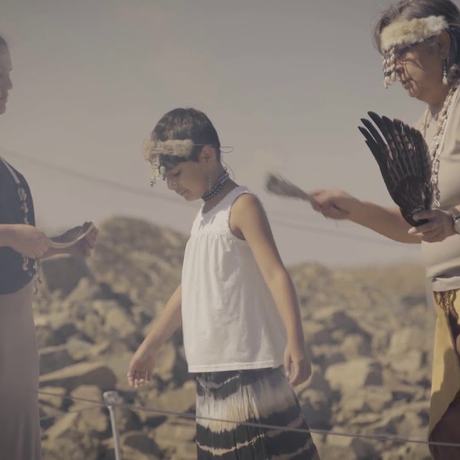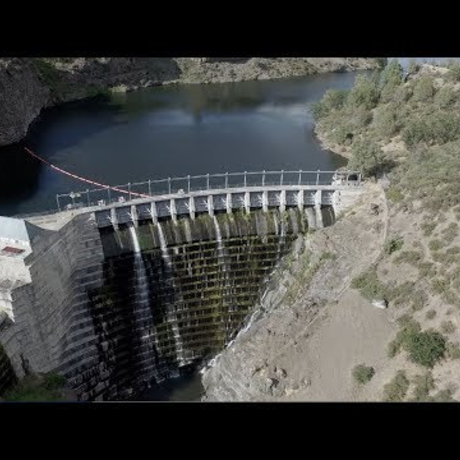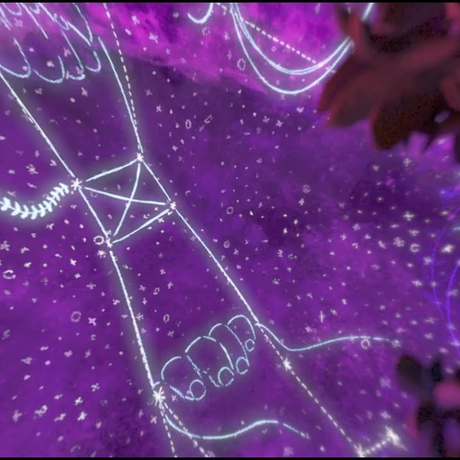Our collection of educational videos will help your students visualize data and understand scientific concepts.
Why is it important to listen to Indigenous voices as we regenerate the natural world?
About This Video
Grade level: 6-12
Length: 5 minutes
NGSS Connections: Understandings about the Nature of Science
Video Synopsis
Why is it important to listen to Indigenous voices as we regenerate the natural world? Traditional Ecological Knowledge (TEK) dates back thousands of years and Indigenous peoples have always understood that we are a part of the ecosystem and in service to it.
Discussion Questions
As you watch the video, consider the following:
- What parts of your own neighborhood do you feel a part of? Why?
- Why is traditional ecological knowledge (TEK) always considered “local” knowledge?
- In your own words, define “Two-Eyed Seeing.”
- The words “obligation” and “responsibility” come up repeatedly from the speakers. How would you describe this obligation, and who is responsible for it?
- Why is it important to listen to Indigenous voices as we regenerate the natural world?
Activities: New to TEK
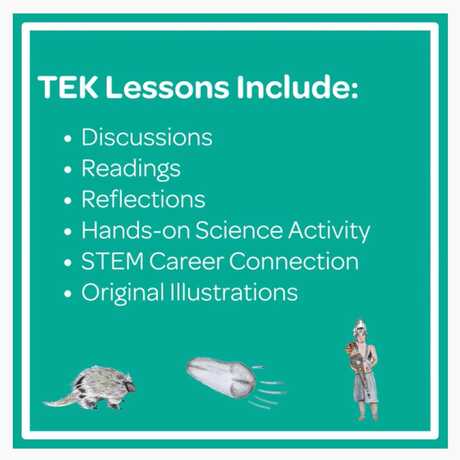
Developed in 2020 between the National Park Service, Yurok Tribe, and Humboldt State University, these Traditional ecological knowledge lessons include a New to TEK: Teacher’s Guide and a series of activities, informational readings, and interviews that introduce students to different ways that people acquire knowledge, with a focus on Yurok culture and the tribe’s connection to local wildlife.
Activity: Comparing Understandings about the Nature of Science
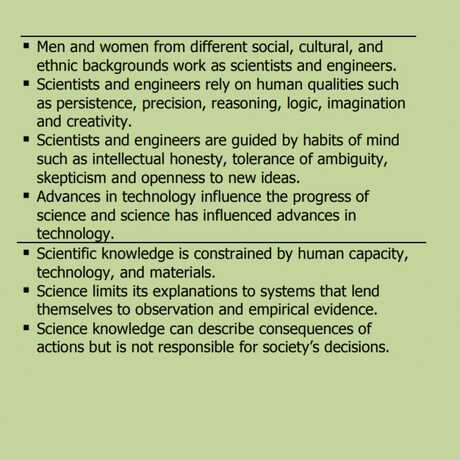
As you get more comfortable explicitly teaching about the nature of science, consider engaging in small group or whole class discussions comparing, contrasting, and reflecting on the perceived differences between Western science and Traditional Ecological Knowledge.
Select 8-10 bullet points from the grade-appropriate column on pg. 5-6 of NGSS Appendix H, Understandings about the Nature of Science.
If students were to place each on a Venn Diagram, which understandings might belong solely to Western Science? To Traditional Ecological Knowledge? Which might be common to both?
Activities: Healthy Ecosystems Feed Healthy Communities
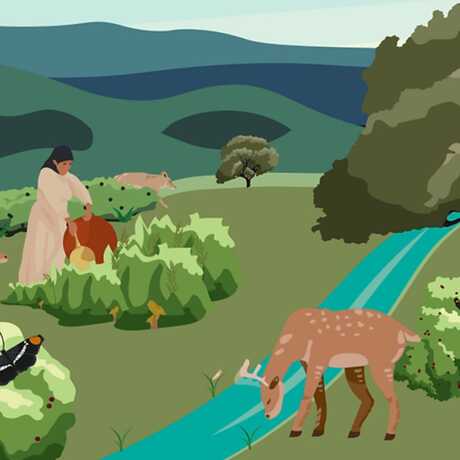
In this series of lessons for grade 6-9 focusing on the Pomo people, students learn:
- Methods for supporting a resilient ecosystem.
-
Impacts of over-consumption, industrial development, and natural disasters on ecosystem resiliency.
-
How Indigenous foods support a healthy diet.
Recommended Reading or Watching
Braiding Sweetgrass for Young Adults
Adapted for young adults by Monique Gray Smith, this new edition reinforces how wider ecological understanding stems from listening to the earth's oldest teachers: the plants around us.
Tending Nature
This PBS television series examines how traditional practices can inspire a new generation of Californians to find a balance between humans and nature. Traveling across the state, the series allows viewers to hear first-hand from Native communities engaged in contemporary projects that revive their culture and inform western sciences. Produced in partnership with the Autry Museum of the American West.
When Scientists “Discover” What Indigenous People Have Known for Centuries, Smithsonian Magazine, 2018
Weaving Traditional Ecological Knowledge into Biological Education: A Call To Action, BioScience, 2002
We Thank Our Partners
Louisa McCovey, Environmental Director; Amy Cordalis, General Counsel; and Georgiana Gensaw, Council Support, of the Yurok Tribe
Louis Trevino and Vincent Medina, co-founders of mak-’amham and Cafe Ohlone
Ka’iu Kimura, Executive Director of the 'Imiloa Astronomy Center of Hawai’i
Valentin Lopez, Chairman of the Amah Mutsun Tribal Band
Melissa K. Nelson, PhD, Professor of Indigenous Sustainability at Arizona State University; Member of the Turtle Mountain Band of Chippewa
Nancy C. Maryboy, PhD, President of Indigenous Education, Diné (Navajo) / Cherokee
Frank Lake, PhD, Research Ecologist, USDA Forest Service, Karuk descendant, raised Karuk-Yurok
Mateo Hinojosa of the Cultural Conservancy
Share This
Visit Native Land Digital and enter your address to see the relevant nations in your location.
